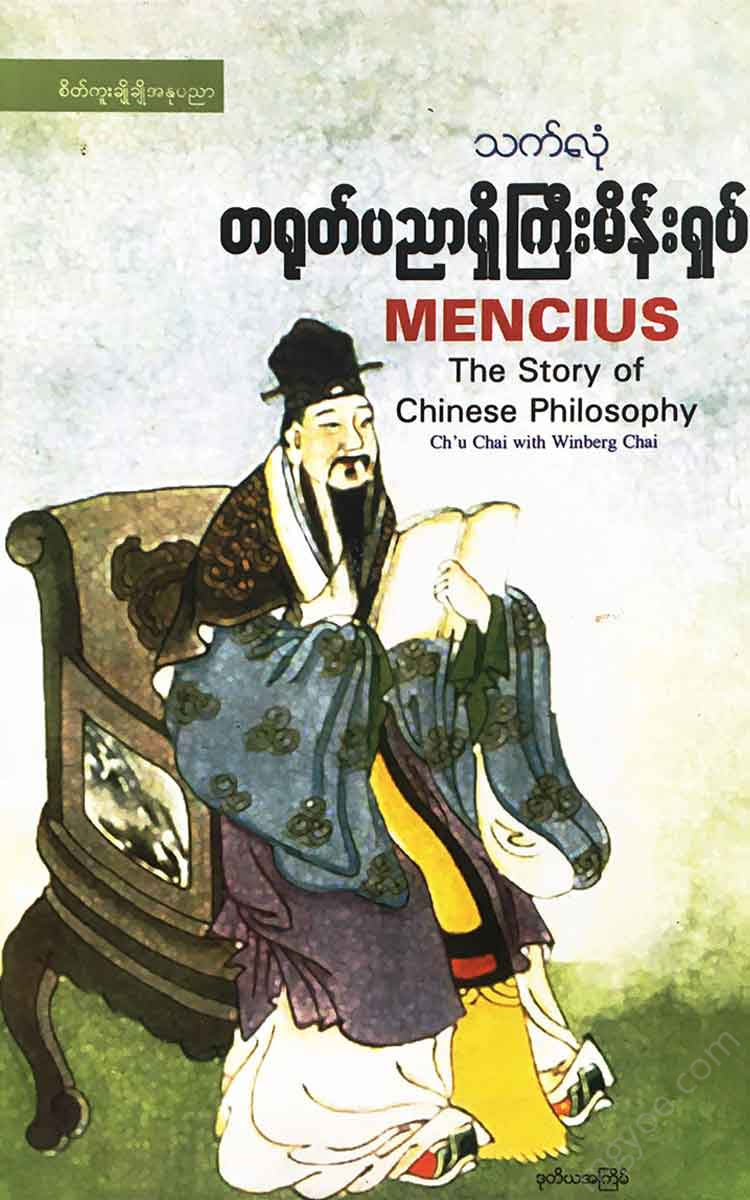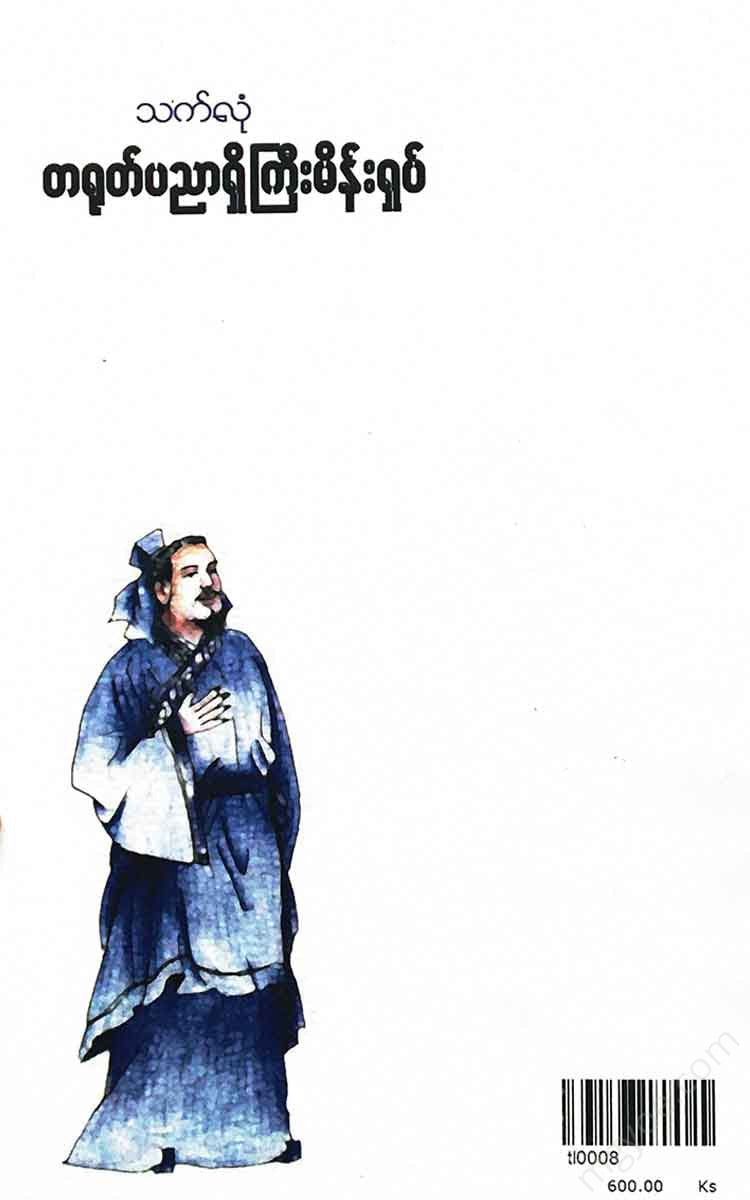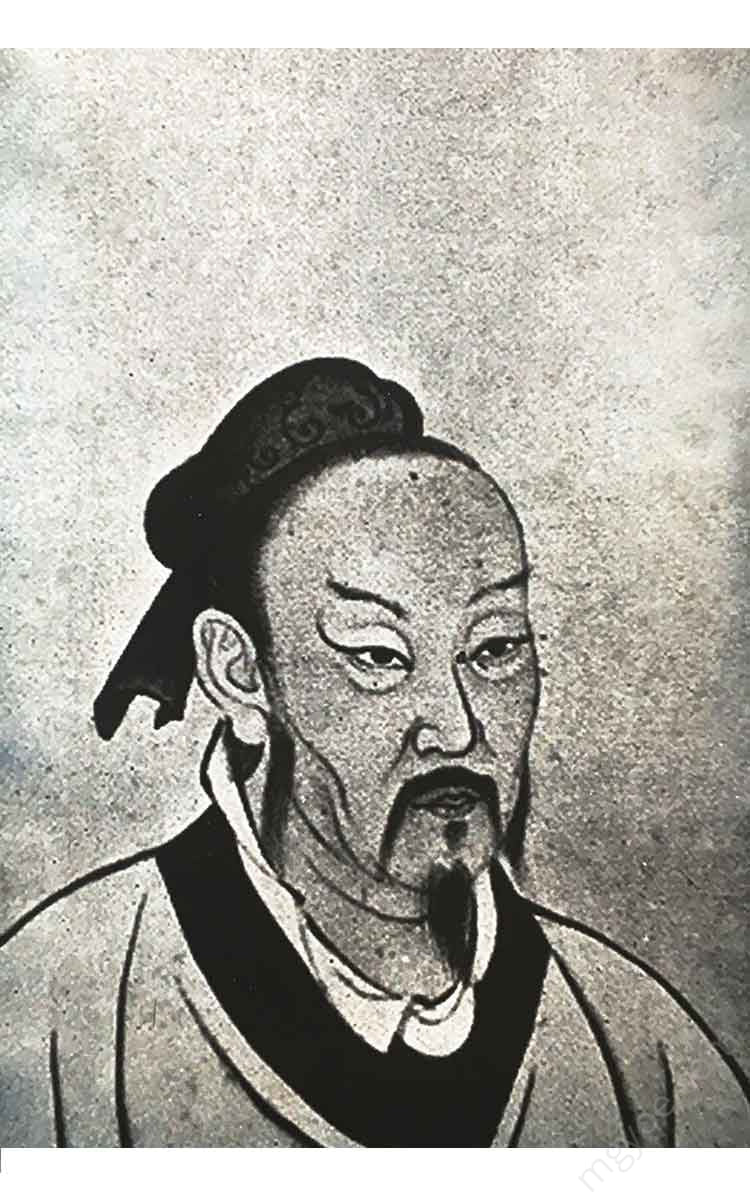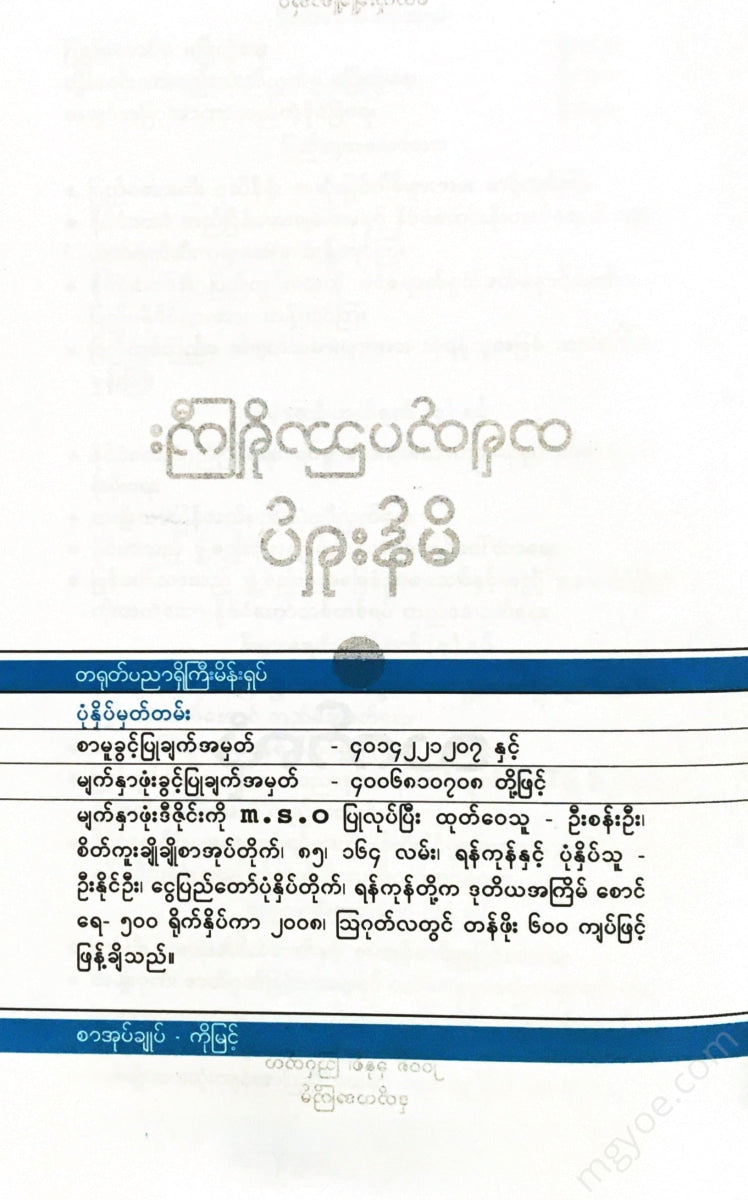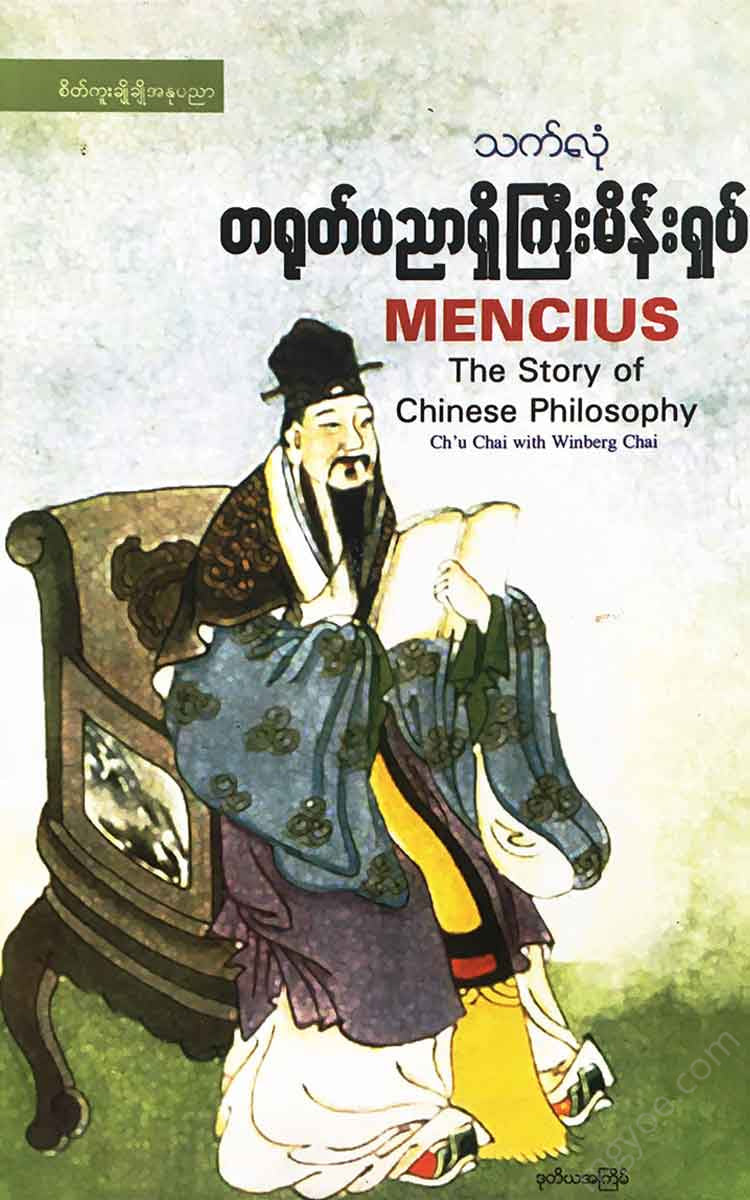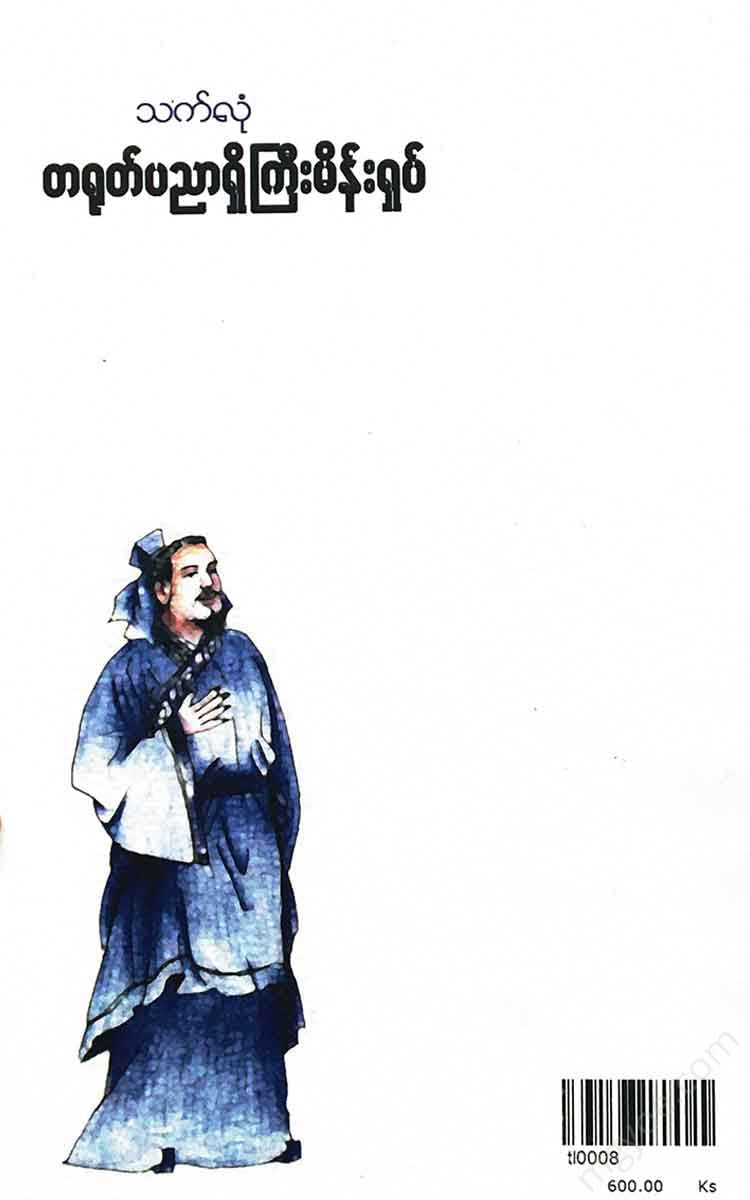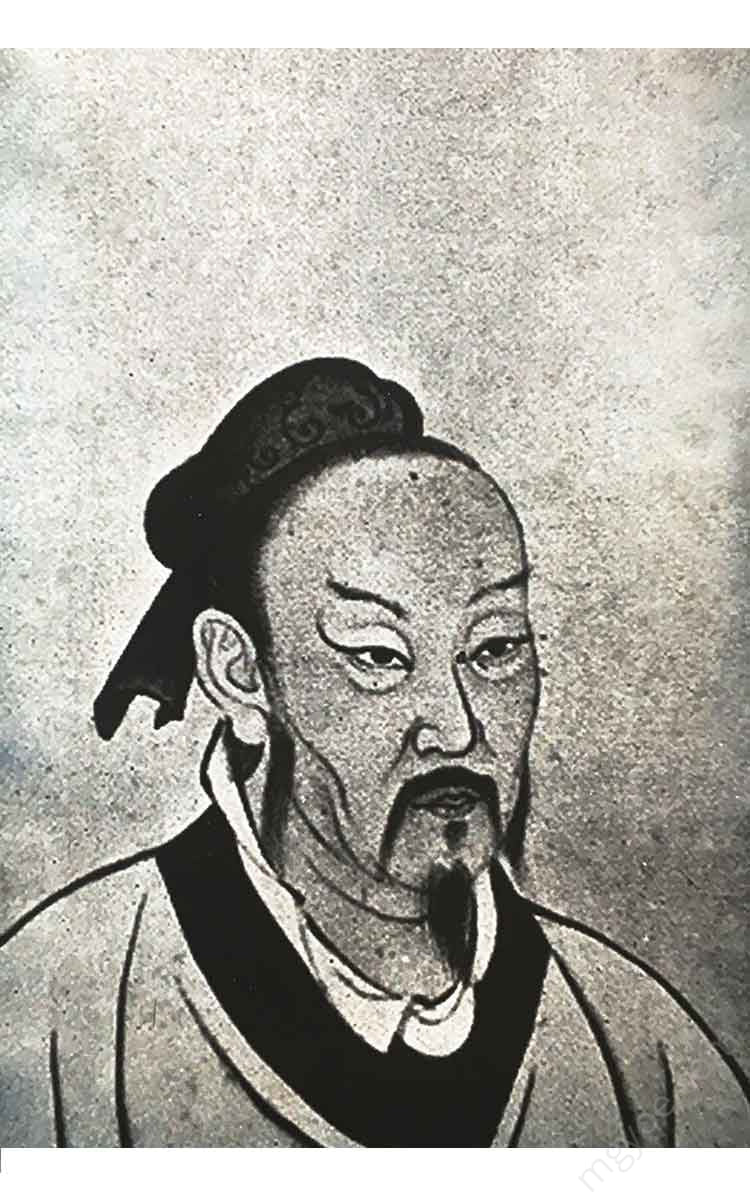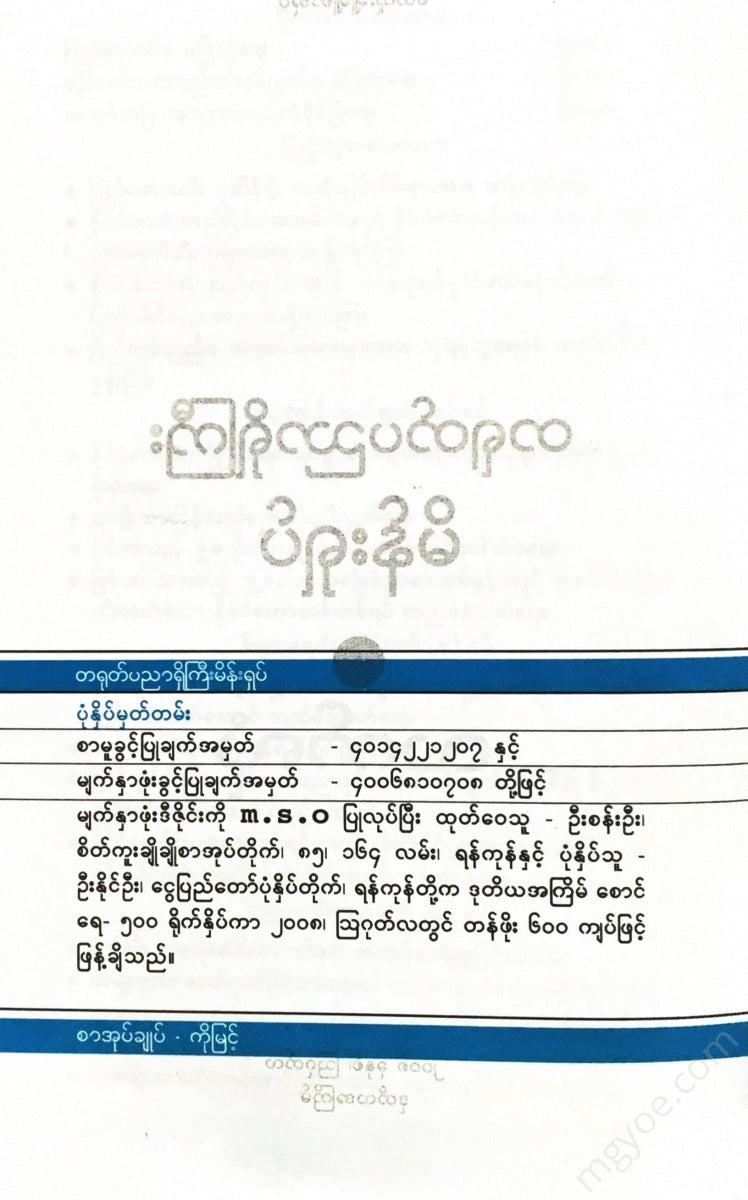စိတ်ကူးချိုချိုစာပေ
Thatlong - Chinese wise man's shirt
Thatlong - Chinese wise man's shirt
Couldn't load pickup availability
As the Cho Dynasty in ancient China was about to collapse, numerous groups of ideologies emerged that relied on Confucian wisdom. However, no one emerged to continue to support Confucian thought, and it was not until a wise man named Mengxu emerged that Confucian thought began to flourish in China.
Through his eloquence, courage, and conviction, the Chief Minister popularized Confucian teachings. At the same time, he was able to combat the doctrines and teachings of other schools of thought.
A man who had been a follower of Confucius' teachings became a proud and powerful man, and in the later years of Confucius, he became the "second sage."
His name, called Mengzhu in Chinese, became known to the world as Mengshu, which was recorded in Latin by Christians. This great man was born more than a hundred years after the death of Confucius.
His birth and death dates are estimated to be between 372 and 289 BC. Like Confucius, there are records of omens surrounding his birth. It is said that a divine being appeared to his mother while she was pregnant. In addition, records state that a bright, colorful light shone around the place where Meng was born.
World scholars have also commented that such markings appear to have been engraved out of respect for the wise.
The Great Master was born in Sui County, in what is now Shandong Province. Like Confucius, he lost his father at a young age. He was only three years old when his father died. His mother raised him, and his mother is still known as the "Great Master".
The famous story of the great man who raised the Meenakshi is "The Three Times Change of House".
The place where they first lived was near the cemetery. Then the little girl, Meenakshi, played with the market stalls and the shopping malls. This also did not please the old woman. She did not like these surroundings. So she immediately got up and moved back.
The third time, they lived near the school, and soon the little girl was playing the role of student and teacher, and the old lady was happy.
Meng Xue admired Confucius from a young age. He said the following:
"Since the beginning of human existence on earth, there has never been another Confucius. I wanted to study literature to be like him. Although I could not be a disciple of Confucius, I tried to learn from the teachings of Confucius' disciples and hone my skills."
Mengshu respected Confucius to this extent. Yet, the two sages had very different mentalities.
Confucius was a gentle gentleman who focused on his inner self. He was very careful and controlled in his speech.
Mengshu pays attention to outsiders. He is known for his eloquence and good sense of humor.
When others tried to attack his doctrine, Confucius sometimes found himself at a loss for words. This was not the case with Mengshu. He spoke so eloquently and forcefully that the attackers were forced to go on the defensive.
The time of Mengshu's rise to prominence was the latter half of the fourth century BC, a time of instability and war, and Mengshu, like his role model Confucius, failed to develop his potential as much as he should have.
According to the Shiji (Records of the History), when Meng Xiu was well-educated, he went to King Ruan of Qi to seek his fortune, but the king refused to give him a position. So he went to King Po of Liang to seek his fortune. However, King He thought that Meng Xiu was a charlatan and that his words were meaningless.
At that time, as the states were preparing to form alliances and wage war against each other, Meng Tza returned home with his disciple Wang Zhen, and began to write a book to spread Confucian teachings, which became the seven-chapter The Works of Meng Tza.
As mentioned above, the reason for the disagreement with King Muat was probably because they did not agree on the same ideas. King Muat was looking for profit. Meng Xue had no idea of profit at all. Therefore, when King He asked for advice on what should be done to benefit the country, Meng Xue replied as follows.
"Why does Your Majesty need to speak of profit? As long as there is a humane heart and the principles of justice, it is enough."
Then he said that if the king looked after the interests of his country, the nobles would look after the interests of their families. The nobles and the common people would look after their own interests, and they would become discordant and dangerous to the country.
In addition, there was another incident. King Po's army was defeated in battle and was humiliated. He lost his territory. In addition, he lost his eldest son. In this situation, King He wanted to take revenge on his enemy and asked Meng Shap for advice.
Menshevik argued that the king should not rely on brute force, that punishments should be reduced, and that excessive taxes should not be levied, in order to improve his qualities. See the following statements in his argument:
"In such a situation, your Majesty's men should be given wooden sticks to repel the enemy's brown armor and sharp weapons."
Perhaps Meng Xu meant that in this situation, rather than reacting aggressively, he should have responded in a more subtle way and achieved success. But naturally, King Po did not listen to him. It seems that for these reasons, King Hui considered Meng Xu to be a pretender and a great scholar.
In any case, Meng Xue continued to live in Liang Province until 319 BC. In that year, King Po died and his son ascended the throne. After meeting the young prince for a while, Meng Xue told the following about the king.
"When I looked at him from a distance, my opinion was that he was not like a king. Once I got closer, I didn't respect him."
What's left? He disrespected the young prince and left for Chi Province.
The state of Qi had been in decline for over two hundred years. However, during the reign of King Xuan, it began to flourish again.
The doors of his court were always open to the wise. The purpose was to advise him on the administration of the kingdom and to disseminate his knowledge.
Therefore, scholars and those who were interested in learning gathered in his palace. The king of Xuan gave the scholars luxurious accommodations. He gave them generous salaries and honors. However, he did not give them positions in the administrative departments. This was so that the scholars could freely advise and educate him.
When King Xuan heard that the great scholar Meng Xue was coming to his state of Qi, he sent his son to the border to welcome the great scholar. When he arrived at the palace, the king gave Meng Xue a high position. In this way, Qi was considered the best place for Meng Xue to demonstrate his wisdom.
However, this is not the case.
The Master Mengshu was faced with the same shortcomings as other states. The King of Ruan, like other feudal lords, was focused on maintaining his own power. He was obsessed with beautiful women and wealth.
King Xuan was familiar with the culture and literature of the time, so Master Mengxue tried to adapt to the king's mood. He tried his best to guide the king's mind towards good and noble things.
He tried. Did the King of Shuang change as he tried? If you read the excerpt below, it will become clear.
“Suppose a minister of yours leaves his wife and children with a friend and goes on a journey. When he returns from his journey, he finds his wife and children suffering from cold and hunger, what should he do to his friend?” asked the king.
"It must be thrown away," said the king.
"If your royal eunuch cannot manage the officials under him, what will your royal eunuch do to him?"
"I'll get fired," came the easy answer.
“Okay, so the governance in your country is poor. What should we do?”
The king of Shuam turned his face away and spoke about other matters.
The King of Xuan was a polite man who was willing to listen to the wise Meng Xu's advice. However, he was not interested in improving the administration of the state.
Knowing that the audience he could spread his wisdom to was a worthless audience that could not act, the wise Mengshu finally left the state of Qi and left.
